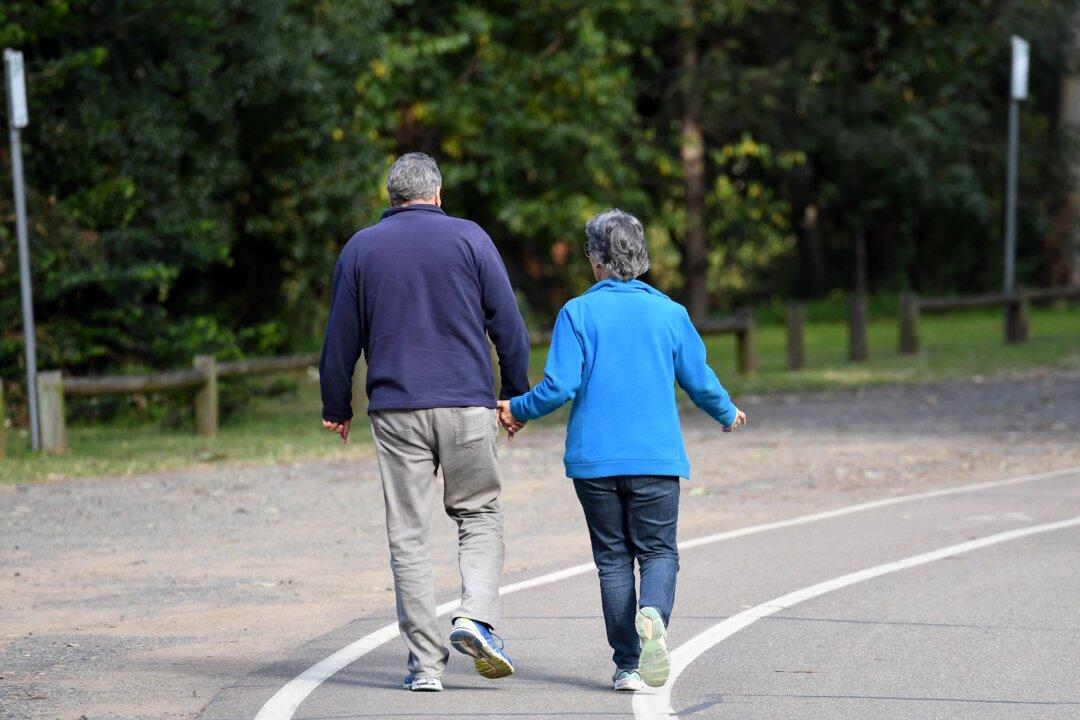New research on the relationship between loneliness in seniors and moving into a nursing home showed there is a higher possibility of entering a nursing home for seniors who are more socially isolated.
The paper, published on Monday in JAMA Internal Medicine, defined social isolation as “an objective lack of social contact that complicates the ability to age at home or the community.”





